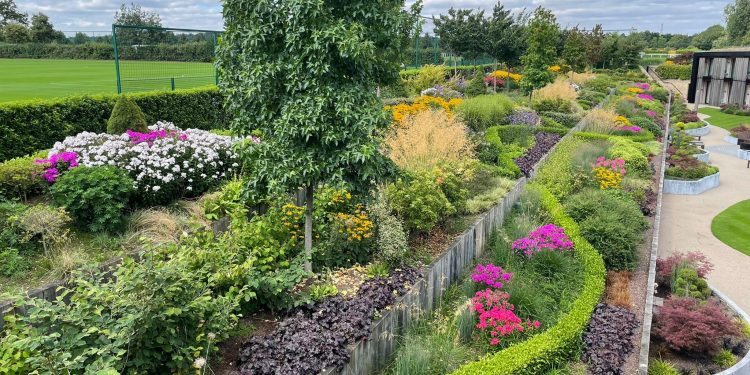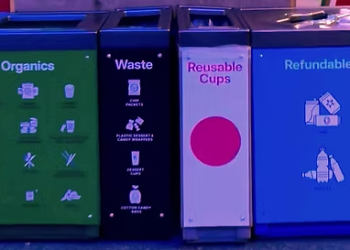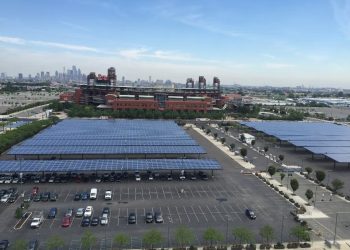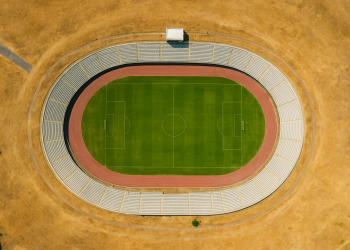Tottenham Hotspur has become the first Premier League club to join the UN-backed Sports for Nature Framework, marking a significant step in integrating biodiversity into elite football. The club’s Hotspur Way training centre now features a variety of habitats designed to protect and encourage local wildlife, including hundreds of bat boxes, insect hotels, wildflower meadows, natural ponds, and organic food gardens.
This move reflects a growing recognition in sports that environmental sustainability must go beyond carbon reduction and energy efficiency. By focusing on biodiversity, Tottenham is taking action to restore natural habitats and strengthen local ecosystems. The initiative was developed in partnership with biodiversity experts and is aligned with the UN Convention on Biological Diversity’s goals for sport, which call for active protection and restoration of nature within sports operations.
Club officials emphasised that these enhancements are not simply symbolic. The installations have been strategically placed to maximise ecological benefits, with bat boxes offering roosting space for endangered species, wildflowers supporting pollinators, and ponds attracting amphibians and insects vital to the local food chain. Organic produce from the gardens will be used at the training centre, cutting food transport emissions and promoting healthy, seasonal diets.
Tottenham’s biodiversity work is part of a wider sustainability strategy that has already seen the club recognised as the Premier League’s greenest team for three consecutive years. By embedding biodiversity into their environmental policies, they are setting a standard that other sports organisations may soon follow.



















